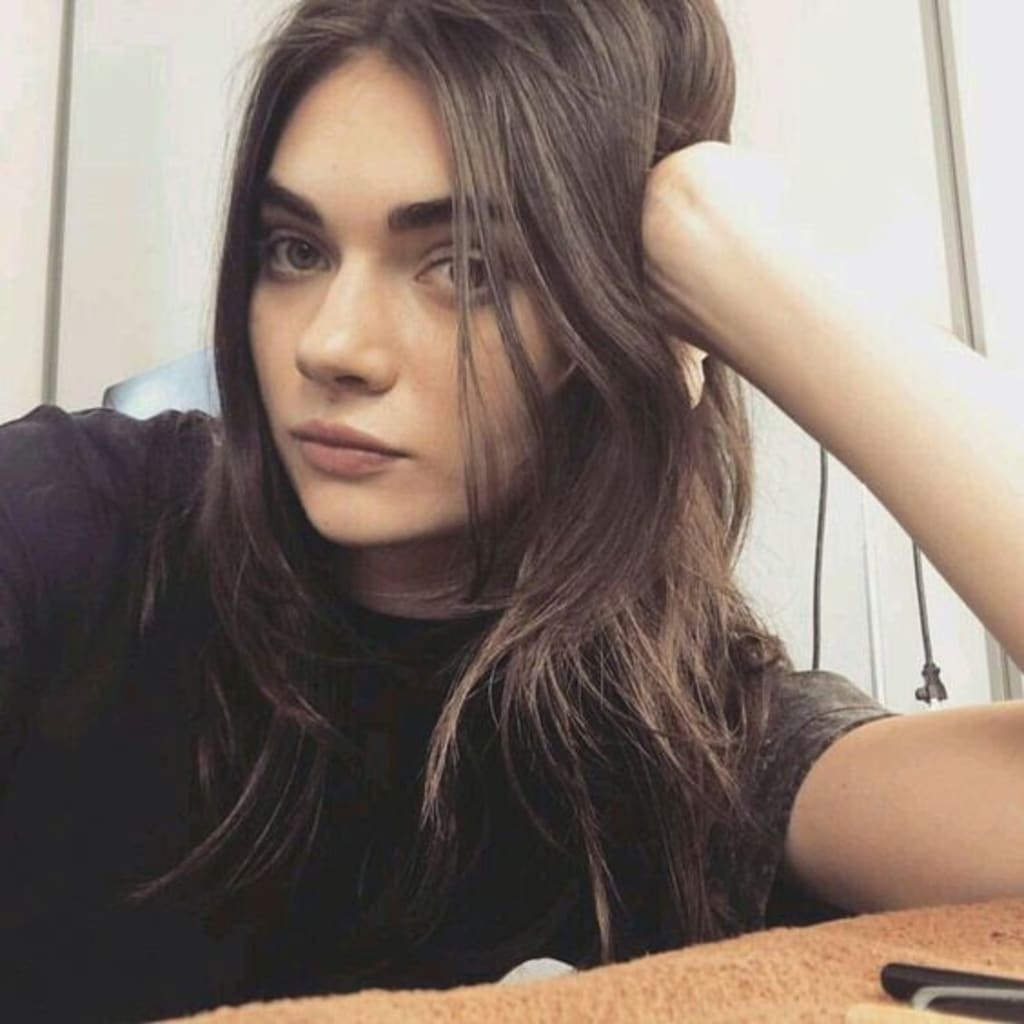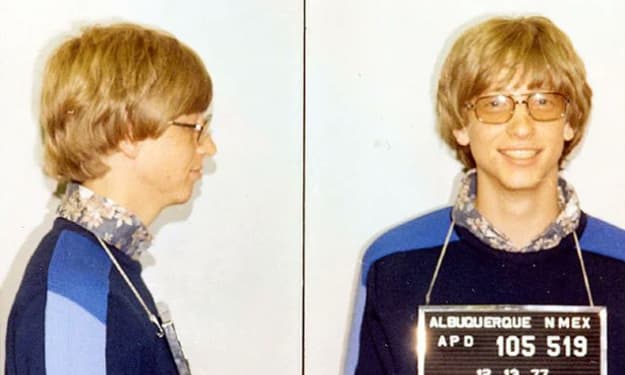The Bones We've Buried
A family lost to murder.

It is simpler to end lives than to begin them—strange, then, that murder is not more commonplace than the bloody violence of birth. Every single time her father would lift the knife to the pale belly of the moon, sharding it to pieces, and every time the blade fractured the light entirely.
The ugliness came later: not the gleam of night on a switchblade but the spill of dawn on a body down by the dog-reeds, by the river, where the current of earth moved sluggishly against the spine of the land. The police assumed the animals had gotten to her but that was just being kind; the girl’s limbs and orifices had been ravaged by something far less innocent. The man who made the discovery pleaded her case, stunned by the awful look in her still-open eyes. “You can’t just throw her away like that,” he’d said, almost at the edge of a sob. “You can’t just do that.”
And on the river-boat, balanced on the balustrade, a girl with narrow shoulders and wide eyes observed, silent in her watching, as poised as a kingfisher before the swoop. Dark gaze vacant, features sweet and sharp with an animal’s blankness— when the police came later (which they would), she would deflect them with a mug of coffee, sweetened with chemical cream, the push of a plate adorned with shortcrusts and croissants, her mother’s low reassuring smile. And in her mind she would recall the nights spent in the cabin—her father’s fixed blades, the gambrel, the does gasping into cold open air—and smile, too, because this secret knowing was a power over them, an advantage that they couldn’t wrest away.
The family didn’t have names—not any ones that mattered. To their victims they were as shapeless, as amorphous as some monster in the dark; these things happened, certainly, but not due to people like them. They were faceless, their bodies unreadable, the stiffness of their shoulders and tightly wound spines a result of hard boat-work and nothing more. They drifted wherever the rushes took them, from one place to the next, never stopping for long but neither moving with any true purpose—innocent and quiet. Moving like a sea-hawk on the current, dipping their hands into the clear water.
The first, her father had counseled her, was always the hardest.
It would grow easier after that.
He called it hunting and her mother called it the harvest; these were euphemisms, her brother informed her slyly, eyes darting down to the little gray finch caught in the cage of his fingers. She was a swift-hearted thing, eyes glossed lustrous and black, sweet and kind and utterly unlike him. Yet he was exceedingly gentle with her—gentle to the point of absurdity—and that day he stroked back the down along her wings as she cocked her head nervously in his grasp. “She’ll never leave me,” he said then, exhaling softly. “She’ll always be mine.”
Later the girl would think, you show that animal more mercy than you show me.
They fit together strangely, three dark as Celts and the mother milk-and-honey, all tender long limbs and glacial eyes. The brother and sister, strangers often mistook for twins—they were close enough in age, narrow-hipped still in youth, and often traded poorly-stitched boys’ clothes to wear as they had no means of procuring any others. In such instances they appeared nearly identical, especially after the girl had sat with her legs swinging from the dock with a pair of dulled scissors and shorn her pretty dark hair. She had no interest in being a girl. She was a waif, she was her brother, she was something in between.
They allowed themselves one dead girl for every season. It was inconsiderate to be greedy, her mother explained as she cooked dinner in the wooden belly of their home, rude to take too much. “And besides,” she’d explain, turning with fingers dyed purple from crushed black-skinned grapes, “We take the ones that won’t be missed. Know that, sweetheart. We only take the ones that no one wants.” Take. Another euphemism, whatever that meant.
The girl’s father said it was economical; her stupid, passionate brother said it was a thrill. The girl herself was not so sure what it was, if anything other than another carcass laid face-down, partially skinned from shoulder to hip, on the weathered earth.
They did not eat meat because to consume another creature was repulsive, the act of an animal, a lowly sort of hedonism. The does they hung from the gambrel and relieved of their hides were left in the woods to rot. The family had nothing but their pride, and when pride is all you have it soon becomes all you need.
There were, then, moments of softness juxtaposed against a palette of blackest cruelty, a palm over the girl’s mouth as she shrieked and screamed and fought, her father’s brown eyes and her mother’s blue ones, missed birthdays and abandoned holidays and forgotten memorials, her brother bringing his hand down across her cheek in the privacy of the bedroom that rocked-rocked-rocked like the riverboat beneath them. He did not strike her hard—her cries would upset the gray-feathered finch—but instead with feeling. Her mother gave her ice for the swelling, makeup for the bruise. They only lived like this because they knew no other way.






Comments
There are no comments for this story
Be the first to respond and start the conversation.